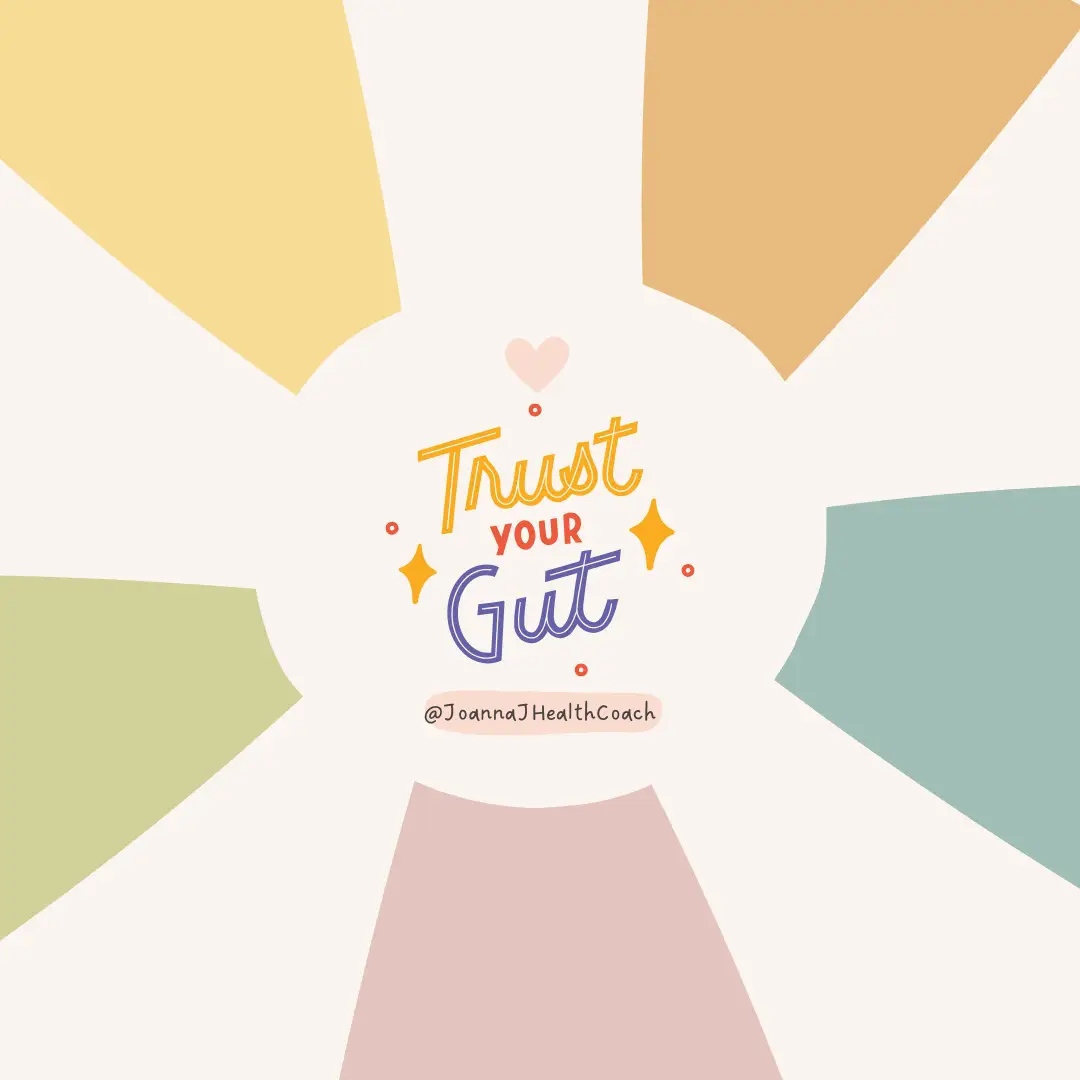The Gut-Brain Connection: Why Your Mental Health Depends on What You Eat
YOUR THERAPIST CAN’T FIX WHAT YOUR DIET IS BREAKING
We’ve all heard the phrase “trust your gut,” but science is revealing that this intuition runs far deeper than metaphor. Your gut isn’t just digesting last night’s dinner—it’s actively communicating with your brain, influencing your mood, anxiety levels, focus, and even conditions like depression and ADHD. Yet despite growing awareness, most people continue to overlook this connection, hoping meditation apps and therapy sessions alone will resolve their mental health struggles while ignoring the food on their plates.
The Netflix documentary Hack Your Health: Secrets of Your Gut pulls back the curtain on this fascinating relationship, showing how the trillions of microorganisms living in your intestines form a complex ecosystem that functions almost like a second brain. These microscopic tenants produce neurotransmitters, regulate inflammation, and send constant signals along the vagus nerve—the information superhighway between your gut and your brain.
The Science You Can’t Ignore
When your gut microbiome is out of balance, depleted of beneficial bacteria or overrun with harmful species, this production falters. The result? Depression, anxiety, brain fog, and mood swings that no amount of positive thinking can fix.
The connection extends to ADHD, autism spectrum disorders, and other neurological conditions. Studies show that children and adults with these diagnoses often have significantly different gut microbiomes compared to neurotypical individuals, with less diversity and altered ratios of bacterial species. Inflammation triggered by an unhealthy gut can cross the blood-brain barrier, directly affecting cognitive function and emotional regulation.
Yet we continue to treat mental health as purely psychological. We journal, we breathe deeply, we talk through our childhood traumas—all valuable practices—but we drive through fast food on the way home from therapy and wonder why we’re not getting better.
The Diversity Problem
The health of your gut microbiome hinges on one critical factor: diversity. A thriving gut contains hundreds of different bacterial species, each playing unique roles in digestion, immunity, and neurotransmitter production. Modern Western diets, however, are monotonous disasters. We eat the same dozen foods repeatedly—wheat, corn, soy, sugar, and processed oils—while avoiding the very foods that feed beneficial bacteria.
Counting to 30: Your Weekly Plant Checklist
Start paying attention to variety, not just volume. Instead of eating spinach with every meal, rotate through arugula, kale, chard, bok choy, and collard greens. Each plant contains different types of fiber and polyphenols that feed different bacterial species.
The key is intentionality. Add herbs to everything—they count. Sprinkle different seeds on salads. Keep various nuts for snacking. Choose whole grains beyond just wheat. Experiment with lentils, black beans, white beans, and split peas. Each addition feeds a different microbial population, and those populations, in turn, produce different beneficial compounds that affect your brain chemistry.
Fermented Foods: The Fast Track
Beyond plant diversity, fermented foods deliver live beneficial bacteria directly to your system. Kimchi, sauerkraut, kefir, yogurt with live cultures, kombucha, and miso aren’t just trendy—they’re therapeutic. Even small daily servings can shift your microbiome composition within weeks, often with noticeable improvements in mood and digestion.
The Uncomfortable Truth
The pharmaceutical and therapy industries have no incentive to emphasize that many cases of depression, anxiety, and attention disorders might improve dramatically with dietary changes. There’s no money in telling people to eat more vegetables. Pills and appointments generate revenue; lentils don’t.
This isn’t to say medication and therapy aren’t valuable—they absolutely are for many people. But they’re addressing downstream effects while ignoring the upstream cause. Your brain is bathing in the chemical signals your gut produces. If that organ system is inflamed, depleted, and dysfunctional, no amount of cognitive behavioral therapy will compensate for the biological chaos.
Starting Today
You don’t need to overhaul your entire life tomorrow. Start tracking your plant count for one week. Use your phone’s notes app and tally each different plant food you eat. Most people discover they’re eating the same 8-10 plants on repeat, with massive gaps in diversity.
Then add just one new plant food each day. Buy a vegetable you’ve never cooked. Try a different nut butter. Experiment with spices you usually skip. Your gut bacteria will respond, proliferating and diversifying in ways that send new signals to your brain.
Watch Hack Your Health: Secrets of Your Gut if you need more convincing. The documentary features real people whose debilitating health conditions—both physical and mental—transformed when they finally paid attention to their microbiomes.
The evidence is overwhelming: you cannot think your way out of a problem that’s biochemical. You cannot meditate away inflammation. You cannot talk-therapy your way past depleted neurotransmitter production caused by an unhealthy gut.
Your mental health is physical. And it starts with what you eat. The question is whether you’ll finally listen to your gut—and feed it what it needs.
